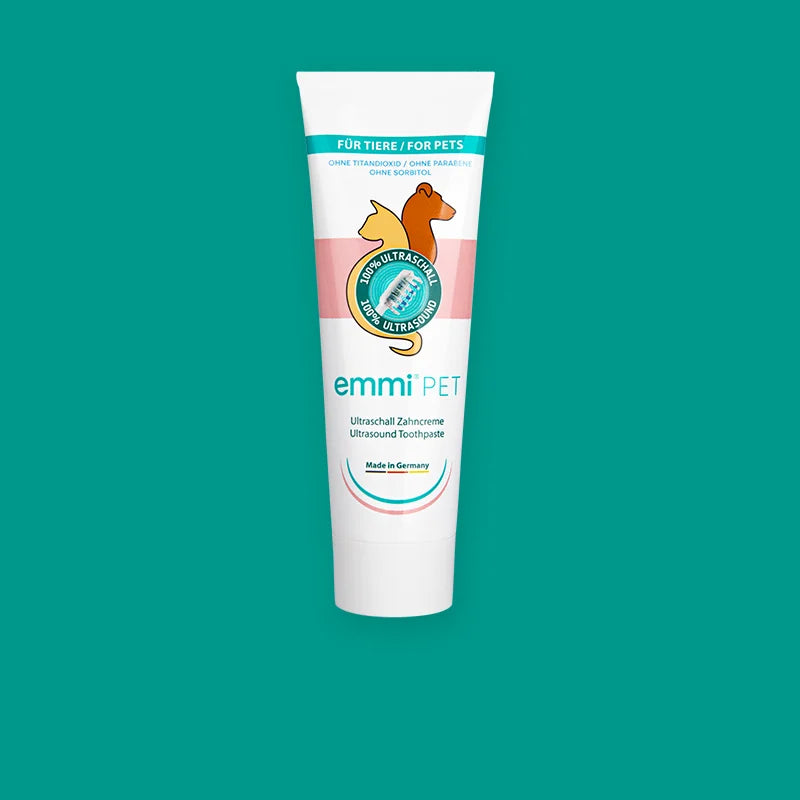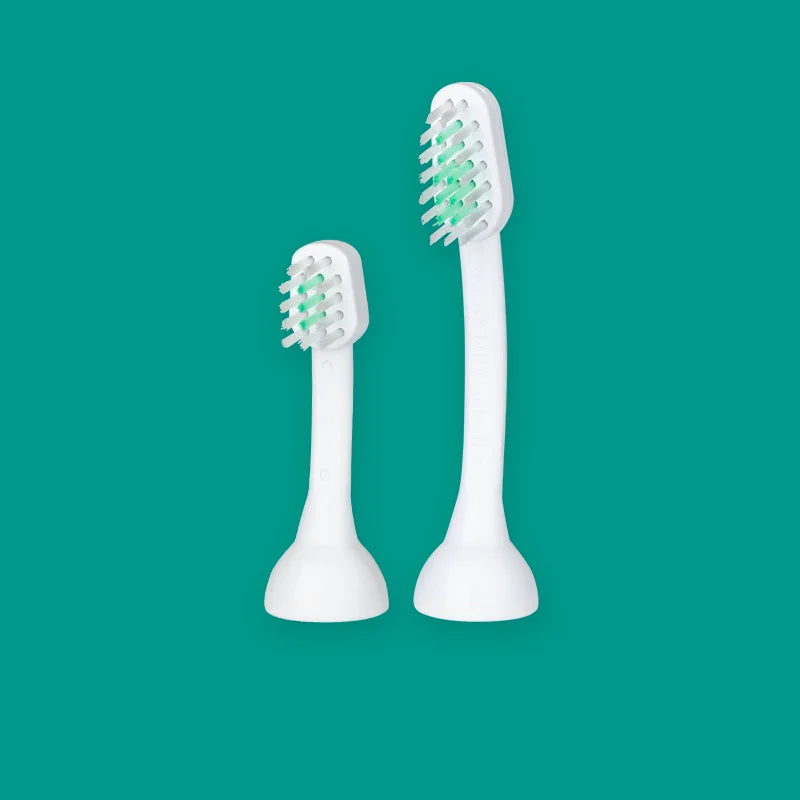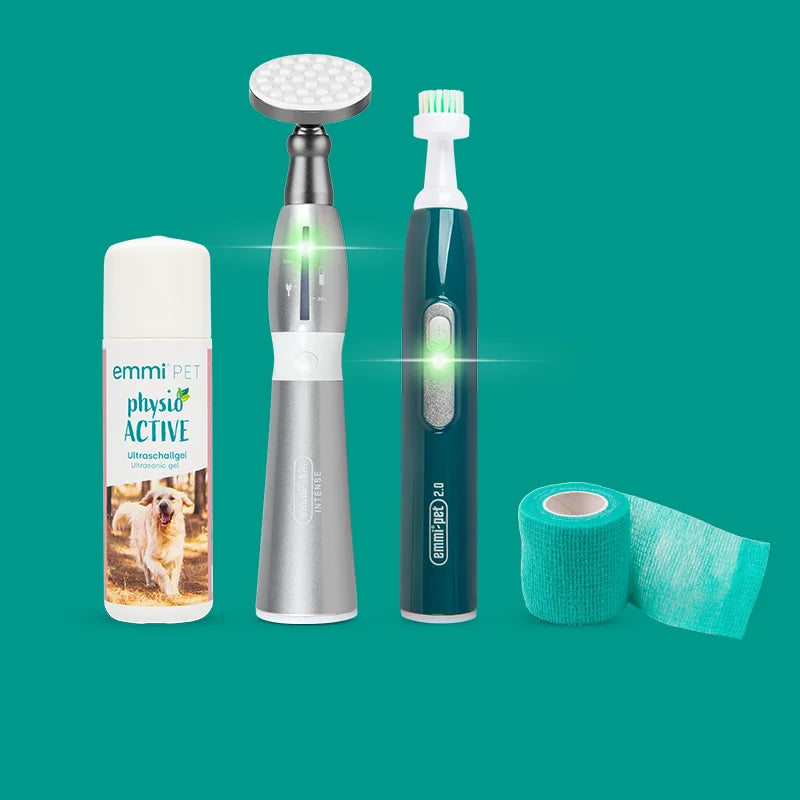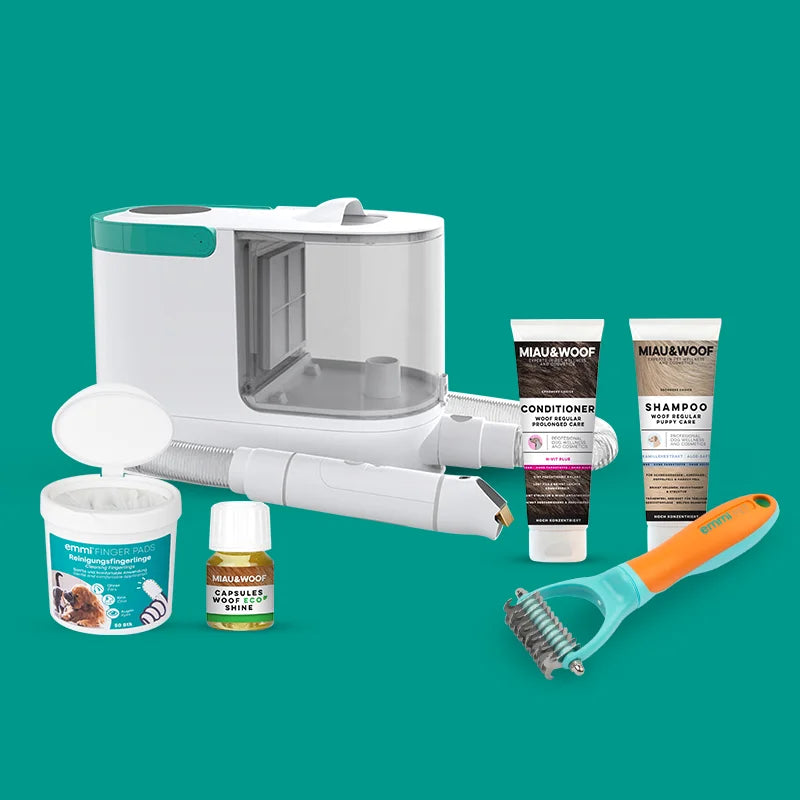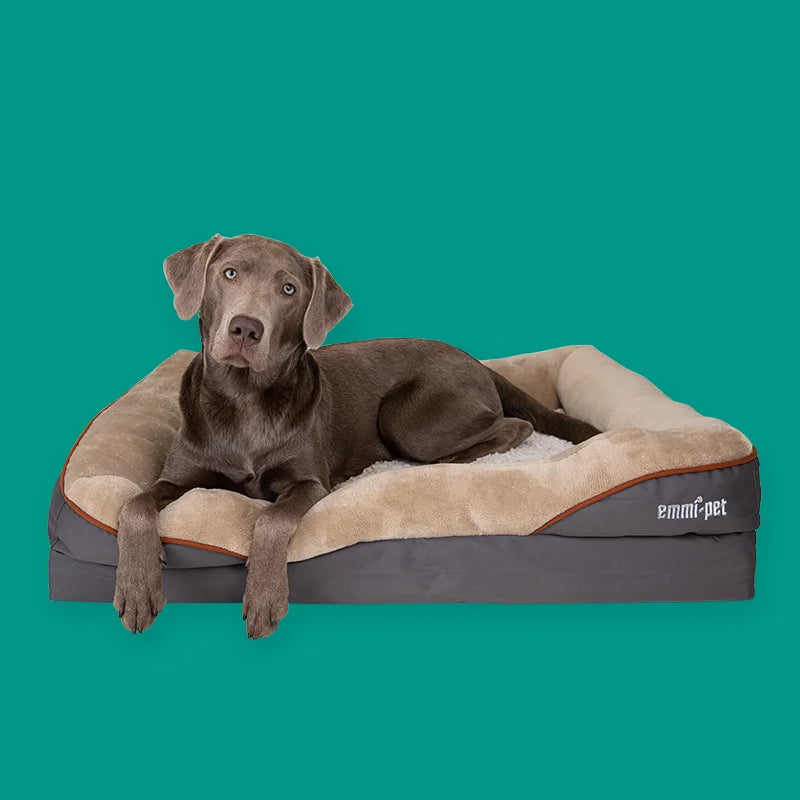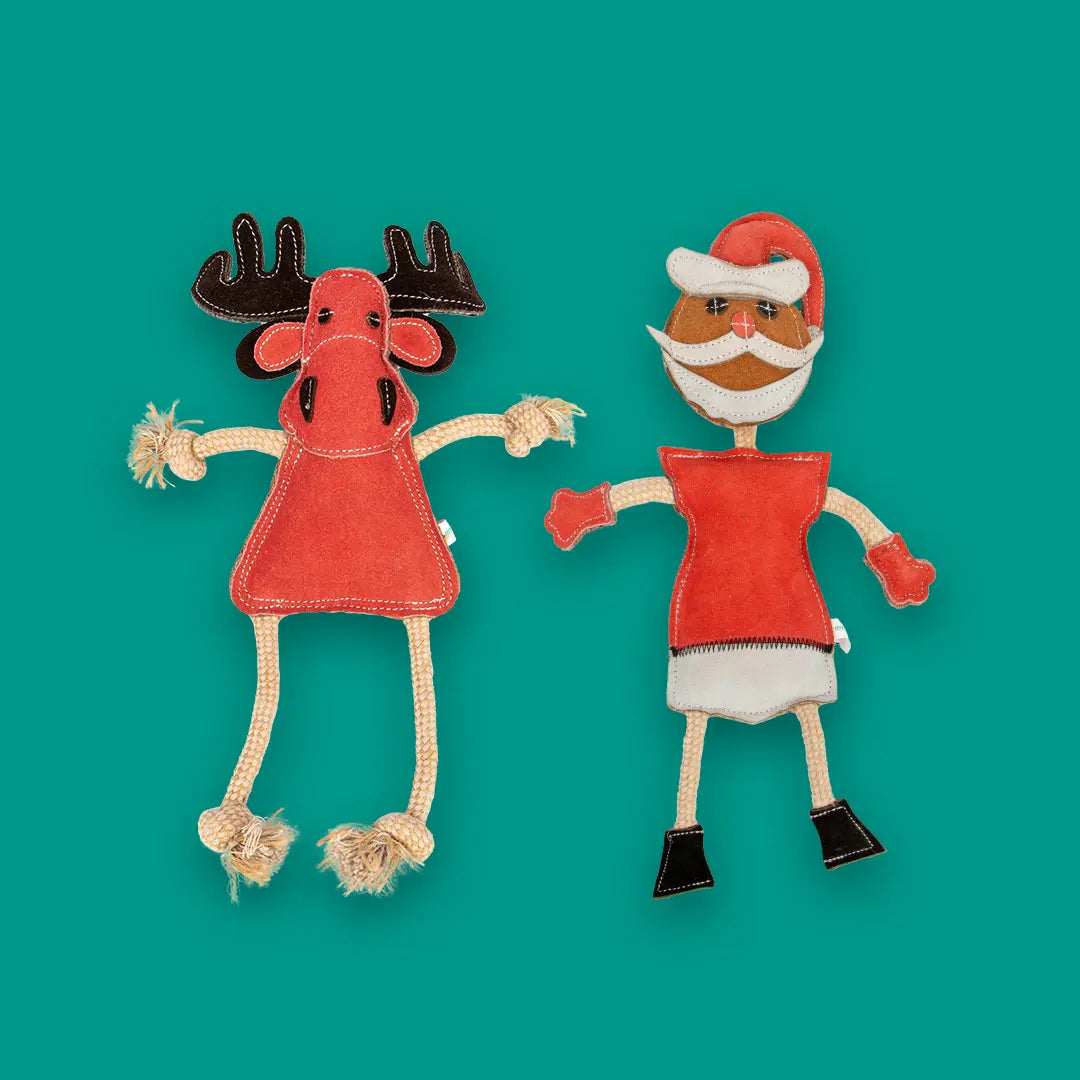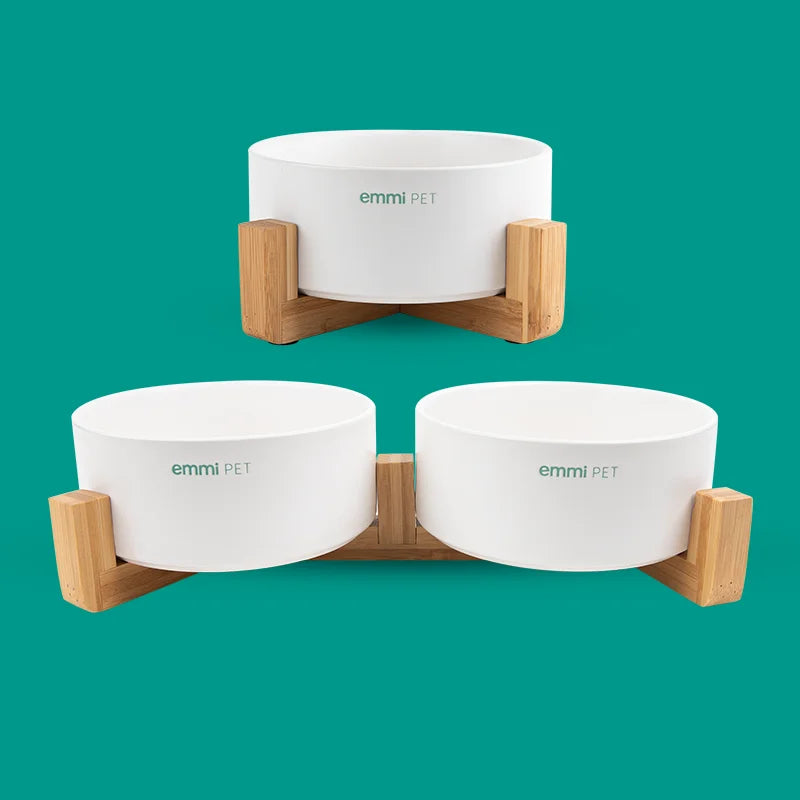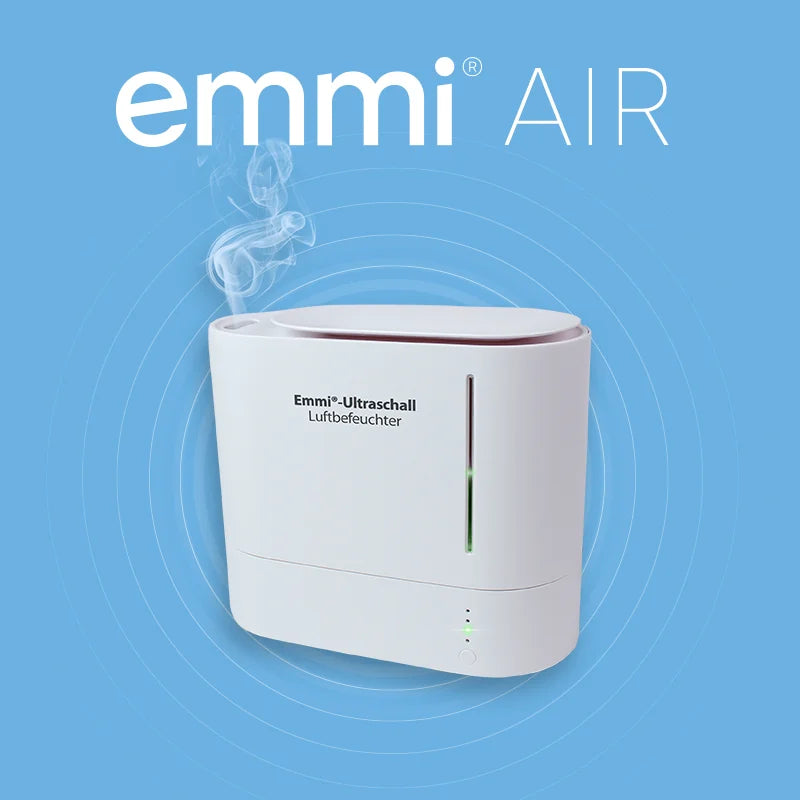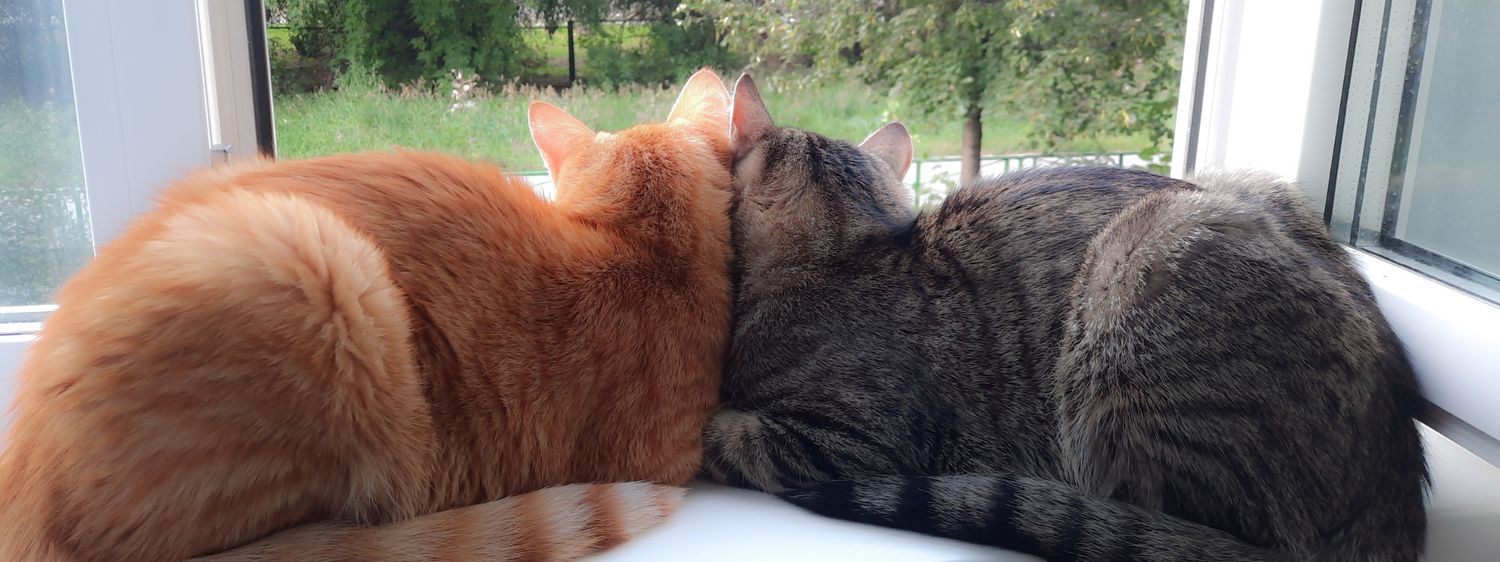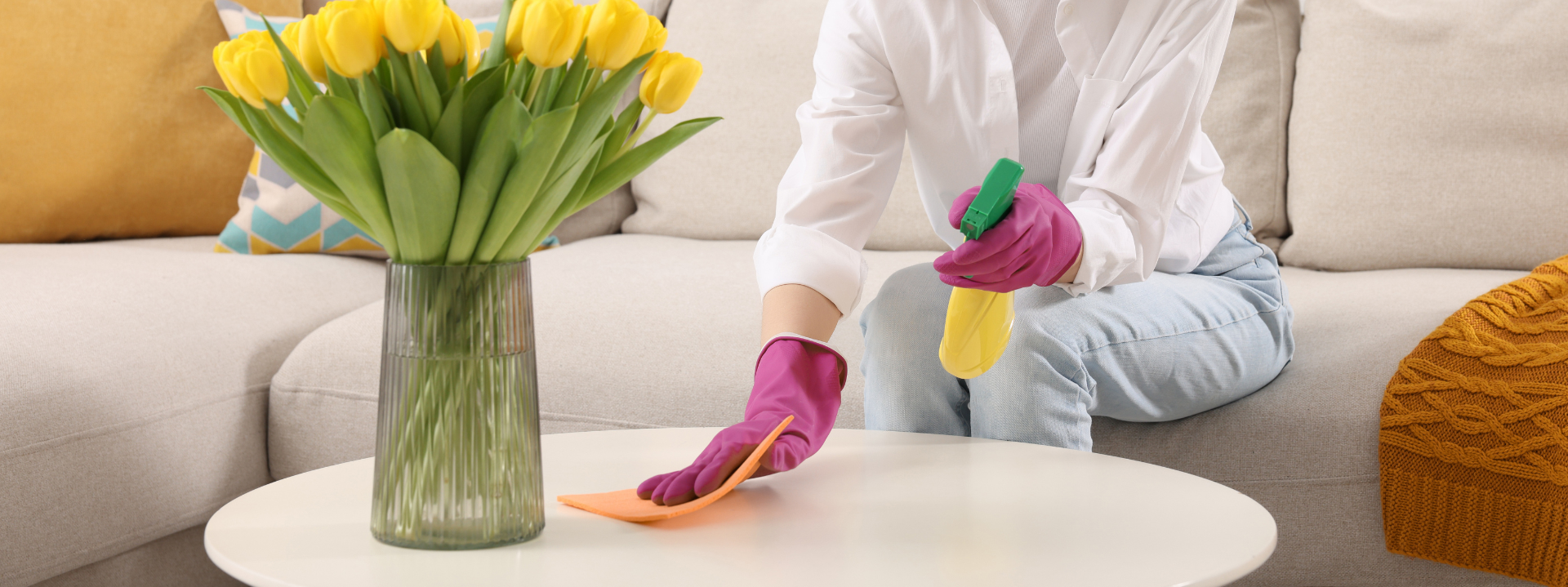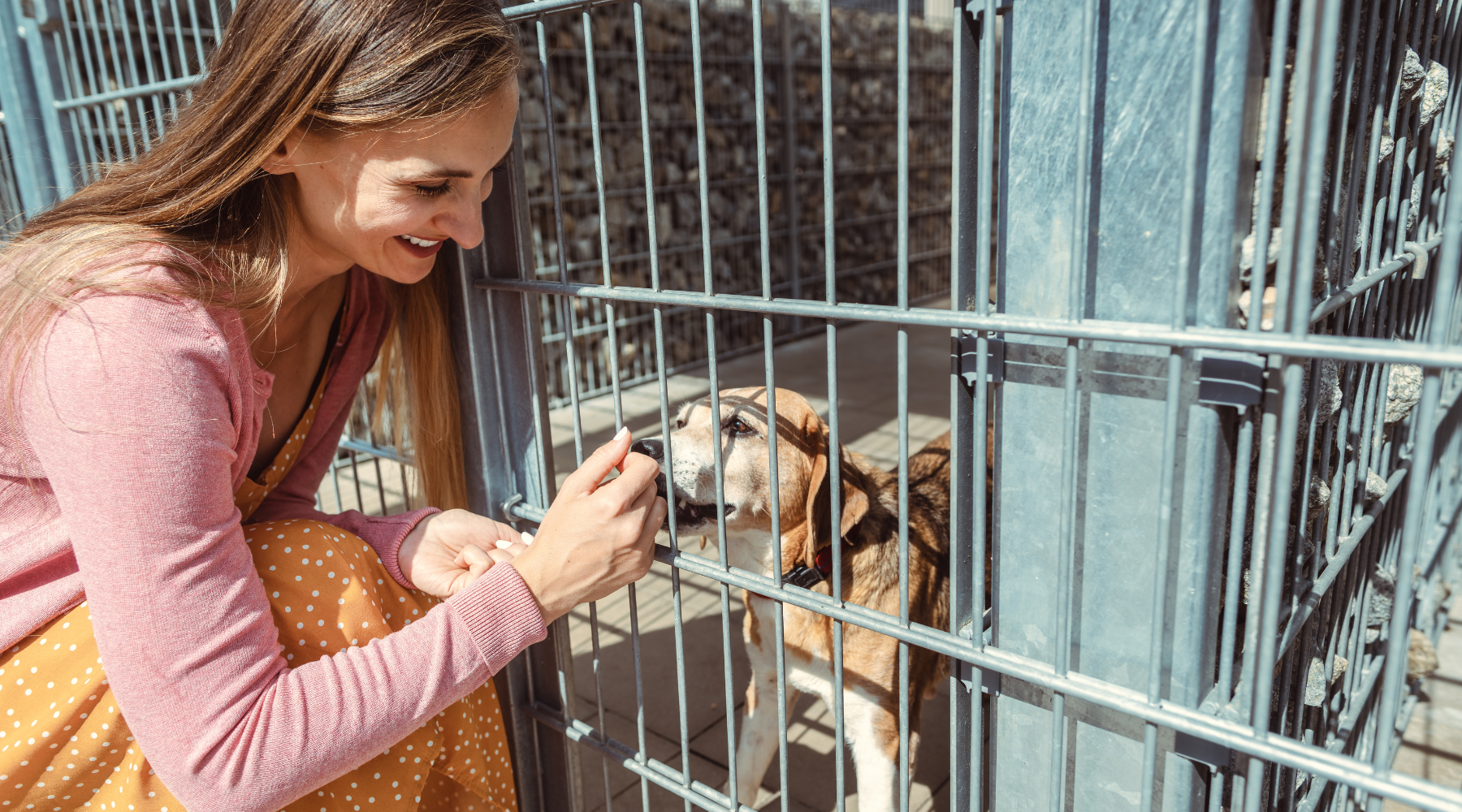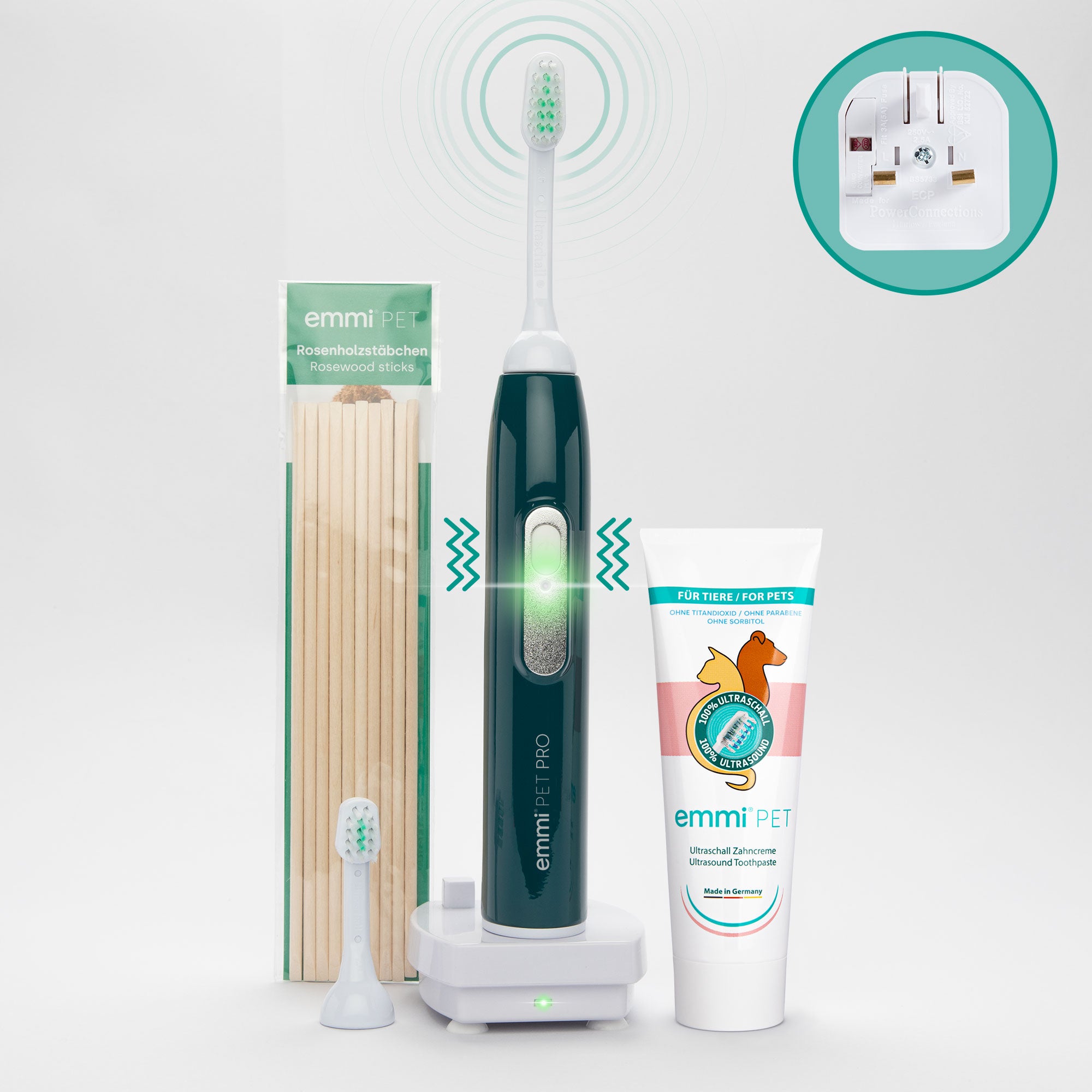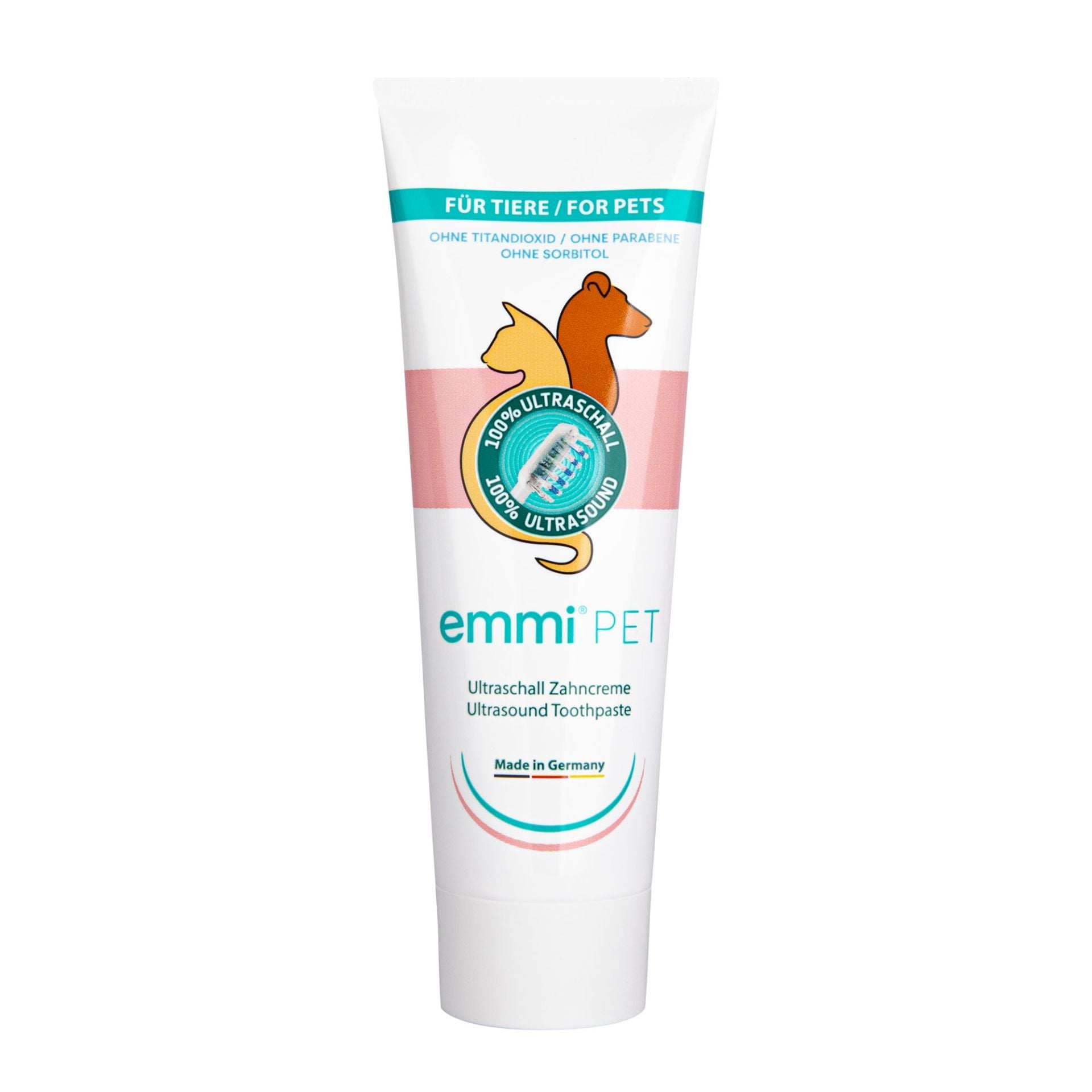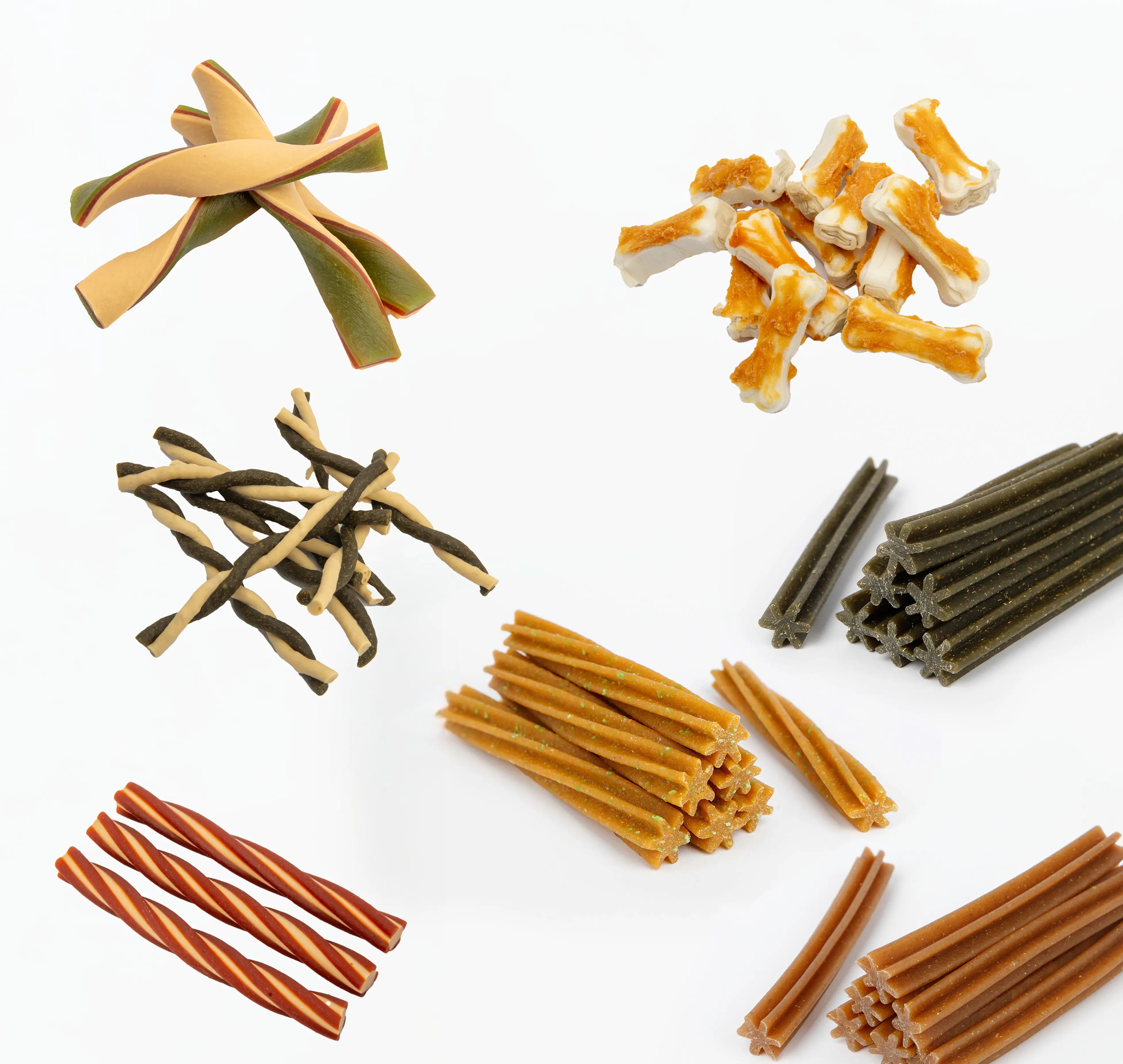Le printemps n’apporte pas seulement des jardins fleuris et des températures plus élevées, mais aussi une période qui représente un vrai défi pour de nombreux propriétaires de chats : les chaleurs.
Si ton chat devient soudainement agité, miaule plus fort que d’habitude et se roule souvent par terre, c’est un signe clair : elle est en chaleur et prête à s’accoupler. Cette phase peut être éprouvante tant pour toi que pour ton chat, car son comportement change considérablement et elle demande beaucoup plus d’attention qu’à l’accoutumée.
Mais que signifient exactement les chaleurs ? Quels sont les signes ? Comment peux-tu aider ton chat, et pourquoi la stérilisation peut-elle être une bonne solution ? Cet article te fournit toutes les informations importantes sur les chaleurs, leurs effets sur ton chat et les meilleures mesures à prendre pour gérer cette période naturelle mais souvent exigeante.
Que signifient les chaleurs chez les chats ?
Les chaleurs sont une phase naturelle mais difficile dans la vie d’un chat non stérilisé. Pendant cette période, elle signale aux mâles qu’elle est prête à s’accoupler – souvent avec un comportement très visible. Mais que se passe-t-il biologiquement ?
Contrairement à de nombreux autres mammifères, les chattes n’ont pas de cycle fixe. Leur comportement reproductif est fortement influencé par des facteurs externes comme la lumière et la température. Cela signifie que les processus hormonaux qui déclenchent les chaleurs ne suivent pas un calendrier strict, mais sont guidés par les saisons.
Pourquoi les chaleurs apparaissent-elles surtout au printemps ?
Les chats font partie des polyœstriens saisonniers. Cela signifie qu’ils sont plus réceptifs aux chaleurs pendant les mois où les jours sont plus longs. Cela est dû à la production de l’hormone mélatonine, régulée par la lumière.
Pendant les mois d’hiver sombres, le taux de mélatonine est plus élevé et inhibe le cycle reproductif. Dès que les jours rallongent et que l’ensoleillement augmente, le taux de mélatonine diminue – et la fertilité augmente. C’est pourquoi de nombreuses chattes entrent en chaleur de manière particulièrement intense au printemps, et cela peut se poursuivre jusqu’en été.
Cette adaptation naturelle permet, dans la nature, que les chatons naissent à une période où la nourriture est plus abondante et les chances de survie plus élevées.
Faits importants sur les chaleurs
Les chaleurs marquent une étape importante dans la vie d’un chat non stérilisé. Mais quand commencent-elles et combien de temps durent-elles ?
- Le premier cycle se manifeste généralement entre le 5e et le 12e mois, selon la race, le développement et les caractéristiques individuelles. Les races précoces comme les siamois peuvent entrer en chaleur plus tôt que d’autres.
- Un cycle de chaleur dure généralement entre 5 et 7 jours. Si la chatte n’est pas fécondée pendant cette période, les chaleurs peuvent recommencer après quelques semaines seulement.
- Sans stérilisation, les chaleurs peuvent revenir toutes les 2 à 3 semaines, surtout pendant les mois chauds, lorsque les jours sont plus longs.
Pour de nombreux propriétaires, cette période est un vrai défi – surtout si leur chat vit exclusivement à l’intérieur et n’a pas la possibilité de s’accoupler. Les miaulements constants, l’agitation et la recherche permanente d’attention peuvent devenir très éprouvants pour le chat comme pour toi.
Une bonne préparation et une gestion attentive de cette phase te permettront de traverser cette période de chaleurs le plus sereinement possible.
Comment reconnaître si ton chat est en chaleur ?
Chaque chatte vit ses chaleurs différemment – certaines montrent des changements subtils, d’autres modifient complètement leur comportement. Mais il existe des signes clairs qui te permettront de savoir rapidement si ta chatte est en chaleur.
Comportements typiques pendant les chaleurs
- Miaulements constants et plaintifs
Les chattes en chaleur vocalisent bruyamment – surtout la nuit, les miaulements peuvent être incessants. Ce comportement vise à attirer les mâles des environs.
- Se rouler par terre et se frotter contre des objets
Tu as peut-être remarqué que ton chat se roule au sol ou se frotte davantage contre les meubles et les murs. C’est une expression de son instinct de reproduction.
- Hyper-affection
Tout à coup, ton chat semble plus câlin que jamais ? Les chattes en chaleur recherchent énormément de contact, se frottent à tes jambes, se blottissent contre toi ou te donnent des coups de tête.
- Agitation et nervosité
Une chatte en chaleur a du mal à rester calme. Elle erre sans but, semble distraite et peu concentrée. Souvent, même ses jouets préférés ou la nourriture n’arrivent pas à la calmer.
- Position typique d’accouplement
Un signe infaillible : ta chatte soulève l’arrière-train, écarte la queue et trépigne avec les pattes arrière. Ce comportement montre qu’elle est prête à s’accoupler.
Signes physiques des chaleurs
- Diminution de l’appétit
De nombreuses chattes mangent moins ou ignorent complètement leur nourriture pendant les chaleurs. Toute leur énergie semble dédiée au désir de reproduction.
- Marquage urinaire accru
Les chattes non stérilisées laissent plus souvent des marques olfactives pendant cette période, en urinant – parfois hors de la litière. Cela sert à signaler leur disponibilité aux mâles.
- Toilettage accru – surtout autour de la tête et de la bouche
Certaines chattes se nettoient plus fréquemment pendant les chaleurs, en particulier au niveau du visage et de la bouche. Cela peut être un signe de stress, mais aussi indiquer des problèmes dentaires qui peuvent s’intensifier pendant cette période. Avec notre brosse à dents ultrasonique emmi-pet, tu peux prendre soin de ses dents en douceur, sans stress. C’est un vrai plus pour les chattes qui mangent moins à cause des fluctuations hormonales ou sont sensibles au toucher.
Toutes les chattes ne présentent pas tous ces symptômes avec la même intensité. Certaines deviennent très bruyantes et insistantes, d’autres se montrent plus discrètes et se retirent. Il est toutefois essentiel de connaître ces signes pour offrir le meilleur soutien possible à ta chatte durant cette phase intense.
Comment aider ton chat en chaleur ?
Comme déjà mentionné, les chaleurs sont un processus naturel, mais elles peuvent être très stressantes pour ton chat. Surtout si elle n’a pas accès à un mâle, la tension peut s’accumuler. Voici quelques mesures qui peuvent l’aider :
1. Distraction et stimulation
Occupe ton chat avec des jeux interactifs ou des jeux alimentaires pour détourner son attention. Cela aide à canaliser son surplus d’énergie.
2. Méthodes apaisantes
- Caresse douce : Certains chats recherchent plus de contact durant cette période, d’autres préfèrent être tranquilles – observe ce qui fait du bien à ton chat.
- Diffuseurs ou sprays de phéromones : Ces produits apaisants contenant des phéromones félines naturelles peuvent aider à réduire l’agitation.
- Obscurité et environnement calme : Une lumière tamisée peut avoir un effet positif sur le cycle hormonal.
3. Éviter les sorties !
Si ton chat a l’habitude de sortir, il est essentiel de le garder à l’intérieur pendant cette période. Les mâles peuvent sentir une chatte en chaleur sur plusieurs kilomètres et essaieront de s’accoupler avec elle. Si tu ne veux pas de portées non désirées, sois vigilant.
4. Faire preuve de patience
Les chaleurs peuvent aussi être difficiles pour toi en tant que propriétaire, mais elles ne durent pas. Il est important de rester calme et compréhensif envers ton chat pendant cette période.
Pourquoi la stérilisation peut-elle être une bonne solution ?
La méthode la plus efficace pour éviter les chaleurs de manière durable est la stérilisation. Les ovaires sont retirés, ce qui empêche les chaleurs et les portées non désirées.
Avantages de la stérilisation :
- Évite les chaleurs continues qui peuvent survenir si la chatte n’est jamais fécondée.
- Réduit les risques de maladies hormonales, comme les infections utérines ou les tumeurs.
- Empêche les portées non planifiées, dont les chatons finissent souvent en refuge.
La plupart des vétérinaires recommandent la stérilisation entre le 5e et le 8e mois, avant même la première chaleur. Cela présente des avantages pour la santé et évite des périodes stressantes pour le chat et son propriétaire. Si la stérilisation est une option pour ton chat, parles-en avec ton vétérinaire.
Prendre ses responsabilités et faire le bon choix
Les chaleurs font partie du cycle reproductif naturel du chat, mais elles peuvent être très stressantes – surtout si l’accouplement est impossible. En tant que propriétaire, il est important de reconnaître les signes et de prendre les mesures nécessaires pour aider ton chat pendant cette période.
Si certaines méthodes apaisantes ou des distractions peuvent offrir un soulagement temporaire, la stérilisation est souvent la meilleure solution à long terme – pour la santé de ton chat et pour éviter des portées non désirées.

